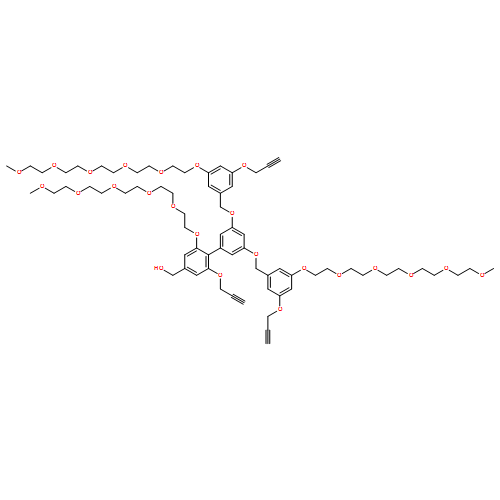Co-reporter: Hui Wang, Krishna R. Raghupathi, Jiaming Zhuang, and S. Thayumanavan
pp: 422
Publication Date(Web):April 1, 2015
DOI: 10.1021/acsmacrolett.5b00199
We describe a novel activatable probe for fluorine-19 NMR based on self-assembling amphiphilic dendrons. The dendron probe has been designed to be spectroscopically silent due to the formation of large aggregates. Upon exposure to the specific target enzyme, the aggregates disassemble to give rise to a sharp 19F NMR signal. The probe is capable of detecting enzyme concentrations in the low nanomolar range. Response time of the probe was found to be affected by the hydrophilic–lipophilic balance of dendrons. Understanding the structural factors that underlie this design principle provides the pathway for using this strategy for a broad range of enzyme-based imaging.
